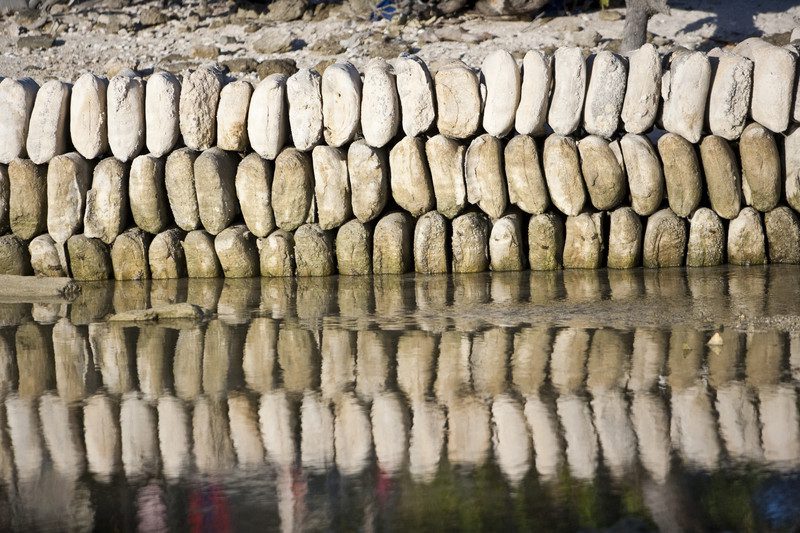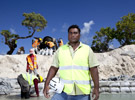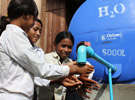Getting smart on climate change
This is an exciting time to be alive. While the challenges we face from climate change are enormous, so are the opportunities.
Around the world communities are already feeling the impacts of climate change, from rising sea levels and coastal erosion in the Pacific Islands, to longer and more intense droughts across many parts of Africa.
Of the rich developed nations, Australia has paid a higher price than most with, with impacts including our 13-year drought, the unprecedented bushfires of 2009 and the recent devastating floods in Queensland and Victoria. According to climate modelling, we are one of the most at-risk nations from future climate change impacts.
With inaction, or delayed action on climate change, we risk losing major tourist and environmental assets like the Great Barrier Reef; new health impacts, rising food and energy prices and negative impacts on wages, property and our economy.
Despite this, the Australian Government has dragged its feet when it comes to serious action. Some people argue that Australia shouldn’t act before other countries do, but we are already lagging behind many others countries – and could easily miss the economic opportunities that come from the development of new clean energy technologies.
Many other countries are already taking steps to tackle climate change – including many poor developing countries. Thirty two countries already have carbon emission trading schemes with many more investing in renewable energy technologies, committing to increase energy efficiency and setting ambitious targets to grow their clean energy sectors.
The Australian government has taken the first step by announcing plans to put a price on pollution. While some argue that it’s too expensive to tackle climate change, it’s the cost of inaction we really can’t afford. Acting on climate change? Now that’s the smart thing to do.
How you can get smart
Part 1: A great opportunity
Climate change presents us with a tremendous opportunity to reassess our priorities and shape a new, sustainable and more just world.
Part 2: The costs of inaction
Rising sea levels and tidal inundations linked to climate change have significantly reduced access to locally-grown foods in the Pacific.
Part 3: Science shows the way forward
Australia must reduce its carbon pollution by at least 40 per cent by 2020 (below 1990 levels) and return levels of carbon dioxide in the atmosphere to 350 ppm.
Part 4: Get smart or go under
A sustainable economy is the only way to guarantee living standards in Australia will improve and poverty can be reduced in developing countries.
What you can do now
- Download the “Getting Smart on Climate Change” pocket booklet (PDF 1.5mb), share it with your friends by sending them the link.
- Learn how communities are already being affected and how they are adapting to the impacts of climate change through the Faces of Climate Change short film series




